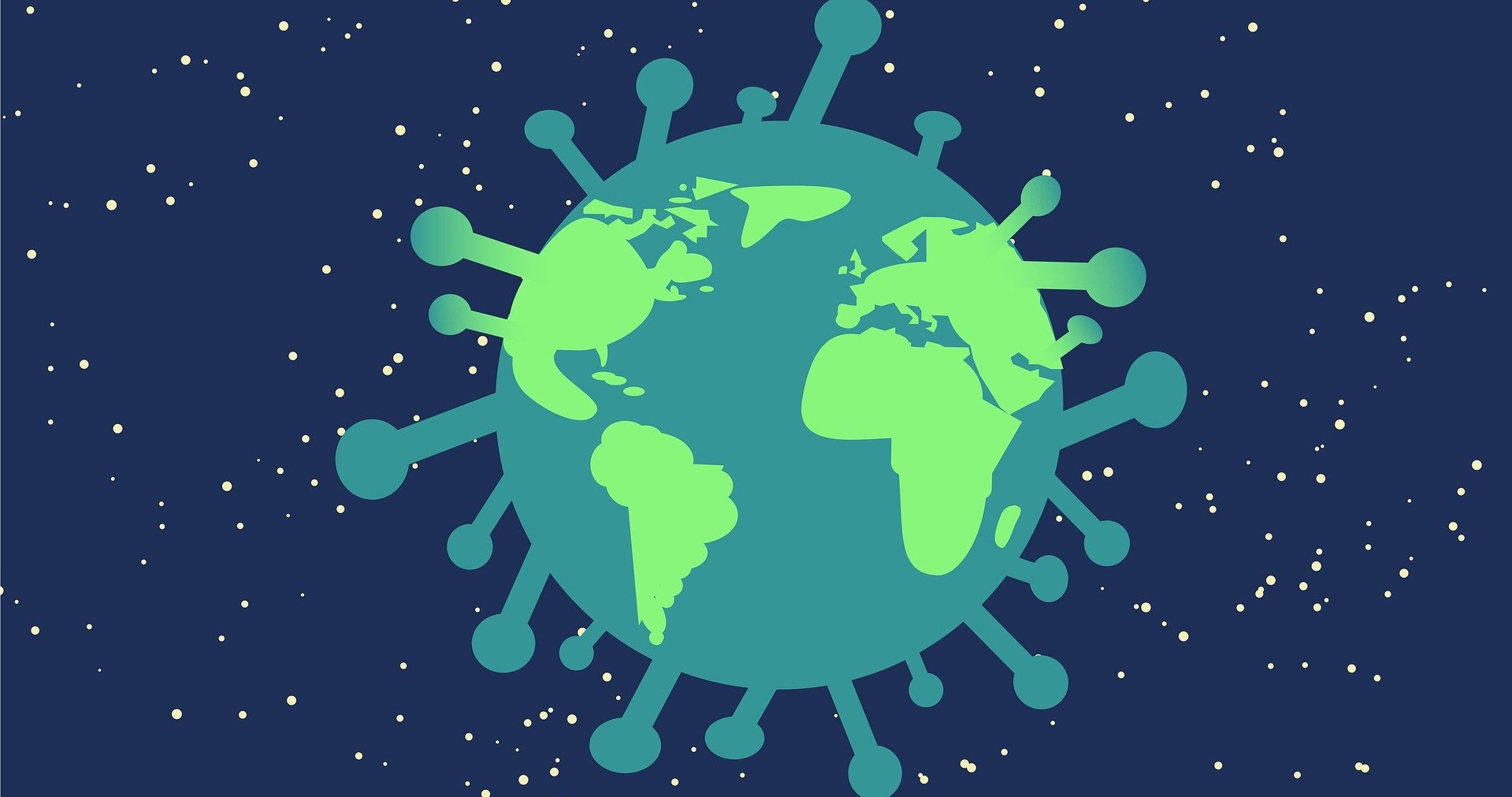Don your plague-doctor masks and clutch your crystals, the pandemic is back in town! The death toll is rising and, with it, the number of unproven remedies. Due to many questioning the validity of the coronavirus vaccination, the popularity of coronavirus home remedies and quick-fixes has sky-rocketed. Whether this is due to paranoia, boredom, or just plain desperation; it is important to keep in mind the dangers of these DIY virus treatments. After all, if you don’t trust peer-reviewed, lab-designed, globally funded vaccines, why trust the dodgy article your anti-vax aunt shared on Facebook?
Below is a list of the top 3 COVID ‘cures’ you should avoid like the plague – pun intended – and a couple of things that might help!
MYTHS
1. Gargling bleach
During a coronavirus task force briefing earlier this year, Donald Trump suggested we inject ourselves with bleach in a characteristically embarrassing fashion:
“I see the disinfectant …. knocks it out in a minute. One minute. And is there a way we can do something like that, by injection inside or almost a cleaning?”
Despite later claiming this statement was sarcastic, Trump’s line of thinking has been shared by millions on social media, with many suggesting all sorts of bleach related remedies that kill the virus. Although bleach and other disinfectants have played an important role in public safety, New York City Poison Control had a record number of calls regarding disinfectant ingestion or inhalation following Trump’s statement. An online survey conducted by the CDC reported 19% of people using bleach on their food, 18% using household-disinfectants on their skin, 6% inhaling disinfectants, and 4% drinking or gargling bleach. Improper use of disinfectants can corrode internal organs and cause severe, potentially fatal, tissue damage.
2. A 5G Bioshield
British anti-5G conspiracy theorists promoted a $350 USB stick in April, claiming that this stick provides protection from 5G, which is apparently causing coronavirus. Mark Steele, a prominent anti-5G ‘activist’, spoke at a UKIP conference in 2018 discussing the dangers of 5G and now spends his time preaching to his small social media following. The corresponding website is saturated with sci-fi jargon, such as…
“The product emits a large number of life force frequencies favouring a general revitalization of the body, adjusting them according to the absorption capacity of each respective individual.”
Or;
“Quantum nanolayer technology” and “the coherence of the geometry of atoms”
It would all be hilarious if these people weren’t capitalising on public-naivety; using pseudoscience to scam thousands of desperate individuals.
3. Cocaine
A viral Twitter post showing a (fake) breaking news alert, which claimed that cocaine can cure the virus, forced The World Health Organisation (WHO) and the French Ministry of Social Affairs and Health to release statements informing the public that this is, in fact, false. The NHS advised people not to take this illegal and addictive drug as it can, ironically, make COVID-19 infections worse by causing heart attacks.
FACTS
1. Mouthwash
In recent studies, Cardiff University discovered that mouthwash shows “promising signs” of killing the virus in saliva. This is due to the presence of cetypyridinium chloride (CPC), which – when over a 0.07% concentration – can have a significant effect on the targeting and inactivation of virus molecules in saliva. These studies have only been performed in laboratory conditions which simulate the oral and nasal cavities (where the virus binds). If the ongoing human clinical trials also show this result, then “CPC-based mouthwashes… could become an important addition to people’s routine, together with hand washing, physical distancing and wearing masks”, says Dr.Claydon, a specialist periodontologist.
2. Washing hands
The concept of religiously washing your hands has never before been emphasised in the way it has this year; why are we doing it, and does it actually help? By washing your hands, not only are you mechanically removing dirt and pathogens via the soap, but the soap also targets the lipid (fat) envelope which encases the virus-cell, breaking it down and preventing infection.
The most important thing to remember during this second lockdown is to remain hopeful and trust that the researchers, scientists and technicians who have spent the last year designing a suitable, effective vaccine can prevent the virus from spreading further. This will hopefully be enough to deter the public from seeking out risky and fake ‘cures’ against the pandemic. Until then, please consult the WHO MythBusters website or your GP if you feel uncertain.
By Tharushi Wijesiri
Header image: Pixabay

